Shooting is a sport that requires skills of precision, focus, and practice. If you're just starting with pistol shooting, understanding the basics is crucial. But did you know that proper nutrition can also play a vital role in your success? This guide will walk you through the essentials of pistol shooting, how nutrition can improve your performance, and what you need to eat to become a better shooter. Let's dive in!
Master shooting with the basics and proper nutrition
Mastering shooting starts with understanding the basics and fueling your body with the right nutrition. The fundamentals of pistol shooting—such as focus, control, and consistency—are essential, but what you eat also plays a crucial role. Proper nutrition provides the energy and mental clarity needed for precision and accuracy. By combining these basics with a balanced diet, you can improve your skills, stay sharp, and recover faster, setting yourself up for success both on the range and in competitions.
Understanding the Fundamentals of Pistol Shooting
Before we get into nutrition, it's essential to grasp the basics of pistol shooting. It involves more than just aiming and pulling the trigger; it requires a combination of focus, control, and consistency. Whether you're standing still, moving, or adjusting to different targets, understanding the fundamentals can significantly improve your accuracy and confidence.
Different Types of Pistol Shooting
Pistol shooting can vary depending on the style and purpose:
- Target Shooting: Focusing on hitting stationary targets, often used in competitions. This type of shooting is all about precision, where hitting the bullseye is the main goal. It requires steady hands, a calm mind, and lots of practice.
- Combat Shooting: Simulating real-life scenarios, where quick reactions are critical. In combat shooting, you often need to shoot quickly and accurately while moving. It’s designed to mimic situations where speed and accuracy can make a big difference.
- Precision Shooting: Requires extreme accuracy over long distances. Precision shooting is like target shooting but often at greater distances, making it much harder. You need to control your breathing, stay calm, and aim carefully.
- Recreational Shooting: Doing it for fun, with less emphasis on precision. It’s a great way to practice your skills in a more relaxed setting, whether with friends at a range or out in nature.
Each type requires different skills, but the right nutrition can support them all. No matter which type of pistol shooting you’re interested in, understanding the basics and practicing regularly will help you improve.
Role of Nutrition in Pistol Shooting
Now that we’ve covered the basics, let's explore how nutrition plays a significant role in your performance. Proper nutrition fuels your body, sharpens your mind, and helps you stay focused during long sessions.
Essential Nutrients List for Shooters
For shooters, the right nutrients can make a big difference. Here are some essentials:
- Proteins: Help build and repair muscles, keeping you strong and steady. Proteins are like the building blocks of your muscles. When you shoot, especially during long sessions, your muscles work hard to keep the gun steady. Eating enough protein helps those muscles recover and stay strong.
- Carbohydrates: Provide energy, especially during long practices or competitions. Think of them as the fuel in your car—without enough fuel, you won’t be able to go very far. Carbs give you the energy you need to stay focused and perform well.
- Fats: Support brain function and overall energy levels. Healthy fats, like those found in nuts, avocados, and fish, are important for keeping your brain sharp and your body energized. They help you stay alert and focused, which is crucial when you’re aiming.
- Vitamins and Minerals: Keep your body functioning properly and support your immune system. Vitamins and minerals, like vitamin C, iron, and calcium, are essential for your overall health. They keep your body strong and your immune system ready to fight off illness, so you can keep practicing without getting sick.
A balanced diet with these nutrients ensures you're always at your best. Eating a variety of foods helps you get all the nutrients you need, so try to include different types of fruits, vegetables, grains, and proteins in your meals.
Hydration and Performance
Staying hydrated is crucial, especially during sessions. Dehydration can lead to fatigue, loss of concentration, and slower reaction times. Drinking water throughout the day helps maintain your performance, whether you're on the range or in competition.
When you’re dehydrated, your body doesn’t work as well as it should. Your muscles can cramp up, and your brain might feel foggy, making it hard to concentrate. This can affect your aim and reaction time. That’s why it’s important to drink water before, during, and after sessions. Even if you’re not sweating a lot, your body still needs water to stay at its best.
Impact of Nutrition on Mental Well-Being
It isn’t just physical; it’s mental too. What you eat can impact your mood, focus, and stress levels. Foods rich in omega-3 fatty acids, like fish, help improve brain function, while fruits and vegetables provide antioxidants that reduce stress. A well-fed brain keeps you calm and sharp, no matter the pressure.
When you’re shooting, you need to stay focused and keep a steady hand. Eating the right foods can help you do that. Omega-3 fatty acids, found in fish like salmon and walnuts, are great for your brain. They help you think clearly and stay focused, which is important when you’re trying to hit a target. Antioxidants from fruits and vegetables protect your brain from stress, helping you stay calm even when you’re under pressure.
Strength Training for Pistol Shooting

Strength training is another critical aspect of becoming a better shooter. It helps improve stability, control, and endurance, all of which are essential for accurate aim.
Importance of Strength Training
Strong muscles, particularly in your arms, shoulders, and core, are vital for holding and aiming your pistol steadily. Strength training exercises, like push-ups, planks, and weightlifting, can build the necessary muscle groups.
When you shoot, your arms and hands need to stay steady to aim accurately. Your core muscles (the muscles around your stomach and back) also help you stay balanced. By doing strength training exercises, you can build up these muscles, making it easier to hold your gun steady. Exercises like push-ups work your arms and shoulders, while planks strengthen your core. Even lifting light weights can help you build the strength you need.
Nutrition for Muscle Building and Recovery
After strength training, your muscles need time to recover and grow. This is where nutrition comes in:
- Protein: Consuming protein-rich foods like chicken, eggs, or beans helps repair and build muscles. After you exercise, your muscles get tiny tears in them. Protein helps fix those tears, making your muscles stronger.
- Carbohydrates: Provide the energy needed for recovery and future workouts. After a workout, your body needs carbs to refill its energy stores. Eating carbs after exercising helps you recover faster and get ready for your next practice session.
- Fats: Support overall recovery by reducing inflammation. Healthy fats, like those found in olive oil and fish, can help reduce muscle soreness after a workout, so you feel better and can get back to practicing sooner.
- Hydration: Replenish lost fluids to avoid muscle cramps and fatigue. Drinking water after you exercise helps replace the fluids you lost through sweat, keeping your muscles hydrated and ready for action.
Eating the right foods after training ensures your body is ready for the next session. It’s like giving your muscles the tools they need to get stronger and work better next time you shoot.
Supplementary Nutrition for Shooters
Sometimes, your diet alone might not provide all the nutrients you need, and that’s where supplements can help. Supplements can fill the gaps and support your overall nutrition.
Types of Supplements for Shooters
Some popular supplements for shooters include:
- BCAAs (Branched-Chain Amino Acids): Help reduce muscle fatigue and improve recovery time. BCAAs are a type of protein that your muscles can use directly for energy, helping you recover faster after a tough training session.

- Omega-3 Fatty Acids: These help support brain health and reduce inflammation. Omega-3s are great for your brain and can help you stay focused during long sessions. They also help reduce inflammation, which can speed up recovery after a workout.

- Protein Supplements: Provide an easy way to increase protein intake, especially after training. If you’re not getting enough protein from your meals, a protein shake can be a quick and easy way to boost your intake and help your muscles recover.

Benefits of Supplementary Nutrition
Supplements can enhance your overall nutrition, giving you an extra edge. They support muscle recovery, improve brain function, and help maintain energy levels. While supplements can be helpful, they’re not magic. They work best when you’re already eating a balanced diet and taking care of your body. Think of them as a little extra boost to help you perform your best.
Diet Plan for Pistol Shooter Athletes
Creating a balanced diet plan tailored to your needs is crucial for consistent performance. A well-structured diet can ensure you're getting all the nutrients you need without overeating or undernourished yourself.
Creating a Balanced Diet Plan
A balanced diet plan for a pistol shooter might include:
- Breakfast: Whole grains, fruits, and protein (e.g., oatmeal with berries and eggs). Breakfast is important because it gives you the energy you need to start your day. Whole grains like oatmeal provide long-lasting energy, while the protein in eggs helps keep your muscles strong.
- Lunch: Lean proteins, complex carbs, and vegetables (e.g., grilled chicken, quinoa, and broccoli). A healthy lunch should include a good mix of protein, carbs, and veggies. Protein from chicken helps your muscles recover, while carbs from quinoa give you energy, and broccoli provides important vitamins and minerals.
- Dinner: A mix of protein, healthy fats, and vegetables (e.g., salmon, brown rice, and spinach). Dinner is another chance to refuel your body after a day of training. Salmon provides protein and healthy fats, brown rice gives you energy, and spinach is packed with vitamins and minerals.
- Snacks: Nuts, yogurt, or fruit to keep energy levels steady throughout the day. Snacks are important to keep your energy up between meals. Nuts and yogurt provide protein and healthy fats, while fruit gives you a quick energy boost.
This type of diet ensures you're fueled from morning to night. Eating balanced meals and snacks throughout the day helps you stay energized and focused, so you can practice and perform at your best.
Meal Timing and its Importance
For shooters, timing meals around training sessions can optimize energy and recovery. Eating a balanced meal 2-3 hours before sessions ensures you have enough energy, while a protein-rich snack after can aid in muscle recovery.
Timing your meals right can make a big difference in how you feel and perform. If you eat too close to a session, you might feel sluggish or uncomfortable. On the other hand, if you eat too early, you might run out of energy halfway through your practice. By eating a balanced meal a few hours before you shoot, you give your body time to digest and turn that food into energy. After sessions, a quick snack helps your muscles recover and prepares you for your next session.
Nutrition Tips for Pistol Shooting Beginners
Starting with the right nutrition habits can set you up for success.
Pre-Shooting Nutrition TIPS
Before you hit the range:
- Eat a balanced meal 2-3 hours before sessions. This gives your body time to turn food into energy.
- Include complex carbs for sustained energy and protein to keep you feeling full. This helps you stay focused and energized during your practice.
- Avoid heavy, greasy foods that can make you sluggish. These foods can slow you down and make it harder to concentrate.
During Shooting Nutrition Tips
While shooting:
- Stay hydrated by drinking water regularly. Even if you don’t feel thirsty, your body needs water to stay sharp.
- Have small, easy-to-digest snacks like nuts or fruit to maintain energy levels. These snacks provide quick energy without making you feel too full.
- Sugary snacks might give you a quick burst of energy, but it won’t last long, and you might feel tired afterward.
Post-Shooting Recovery Nutrition
After shooting:
- Rehydrate with water or a sports drink to replenish lost fluids. This helps you recover faster and feel better after your session.
- Eat a protein-rich snack or meal within 30 minutes to support muscle recovery. Protein helps repair your muscles and gets you ready for your next practice.
- Include carbs to restore energy levels for your next session. Carbs help refill your energy stores, so you’re ready to go again.
These tips can help you stay energized and focused during your practice. By taking care of your body with the right foods and fluids, you’ll be able to shoot more accurately and recover faster.
Nutritional Mistakes to Avoid
Even with the best intentions, it's easy to make mistakes when it comes to nutrition.
Ignoring Hydration
Dehydration can sneak up on you, especially during long sessions. Always keep a water bottle handy and drink regularly, even if you don’t feel thirsty.
Your body needs water to function properly, and even a little dehydration can make you feel tired and unfocused. Drinking water throughout the day, especially during and after sessions, helps you stay sharp and perform your best.
Poor Meal Planning
Skipping meals or not planning ahead can leave you without the energy you need. Take the time to prepare balanced meals and snacks, so you’re always fueled.
It’s easy to get busy and forget to eat, but skipping meals can leave you feeling tired and unfocused. By planning your meals and snacks ahead of time, you can make sure you’re always getting the nutrients you need to perform your best.
Ignoring Protein Intake
Protein is essential for muscle recovery and strength. Make sure to include a source of protein in every meal, whether it’s meat, fish, eggs, or plant-based options like beans or tofu.
Without enough protein, your muscles won’t recover as quickly, and you might feel more tired after a workout. Including protein in every meal helps keep your muscles strong and ready for action.
Relying on Sugary Snacks
While sugary snacks might give you a quick energy boost, they can lead to crashes that affect your focus and performance. Sugary snacks might taste good, but they can make your energy levels spike and crash, leaving you feeling tired and unfocused. Choosing healthier snacks, like nuts or fruit, gives you more steady energy that lasts longer.
Conclusion
Mastering pistol shooting isn’t just about practice; it’s also about taking care of your body through proper nutrition. By understanding the fundamentals of it and following a nutrition plan tailored to your needs, you can enhance your performance, stay focused, and recover faster. Whether you’re just starting or looking to improve, the right diet and training can make all the difference. Remember, what you eat fuels your success on the range, so make every bite count!
FAQs
Q1) How can I manage stress during shooting competitions?
Managing stress during shooting competitions can be achieved through techniques like deep breathing, visualization, and staying hydrated. Proper nutrition before the event also helps keep stress levels in check.
Q2) How does posture affect shooting accuracy?
Good posture helps with balance and stability, which are key for shooting accuracy. A correct stance ensures that your body supports the gun properly, reducing the chances of recoil affecting your aim.
Q3) What are some common mistakes beginners make in pistol shooting?
Common mistakes include improper grip, poor trigger control, and inconsistent stance. Beginners may also neglect the importance of breathing and fail to focus on the sights properly.
Q4) How can I improve my hand-eye coordination for shooting?
Improving hand-eye coordination can be done through drills like ball-catching exercises, reaction training with a partner, and video games that require quick reflexes. Regular practice with your pistol also enhances coordination.

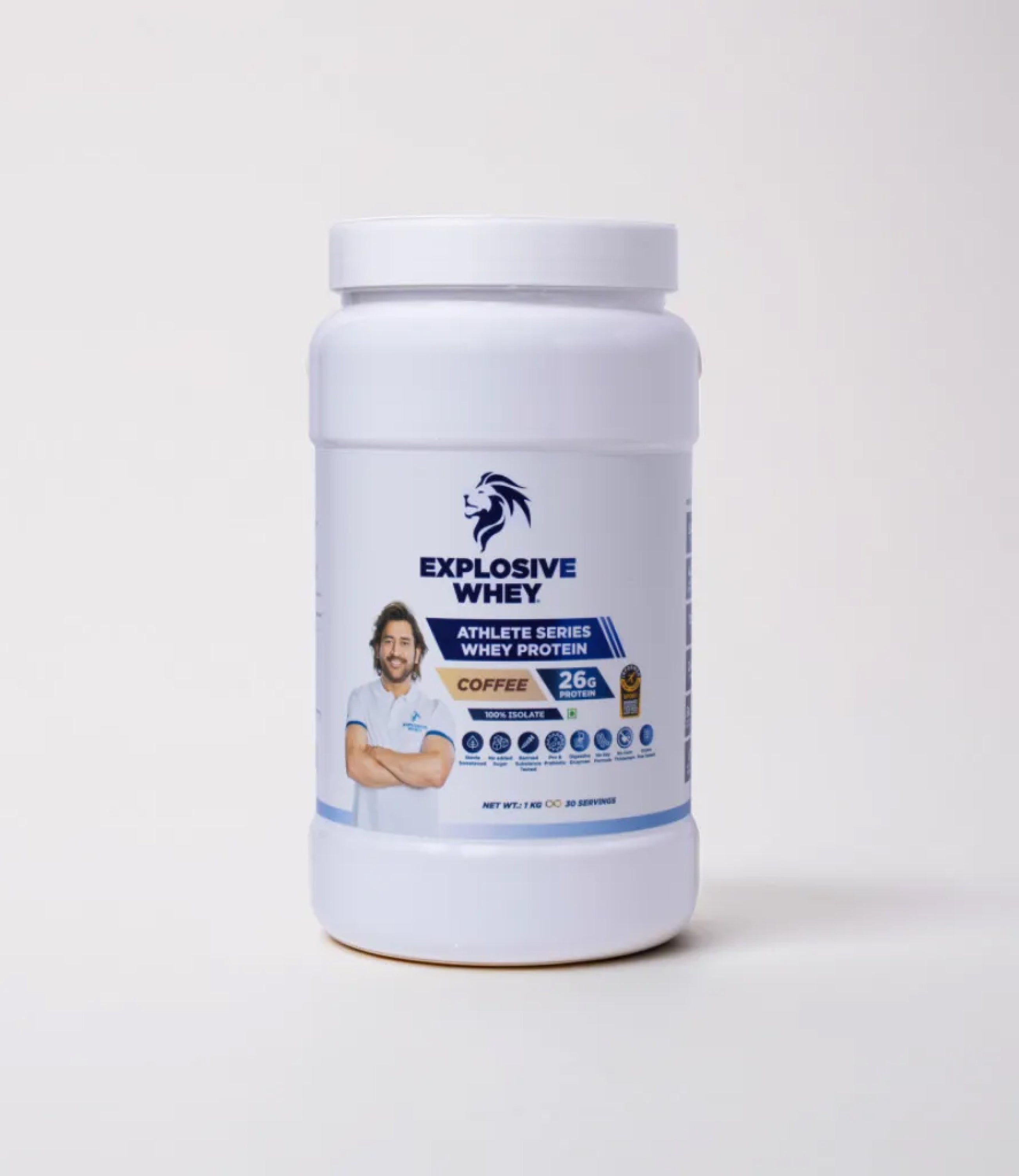
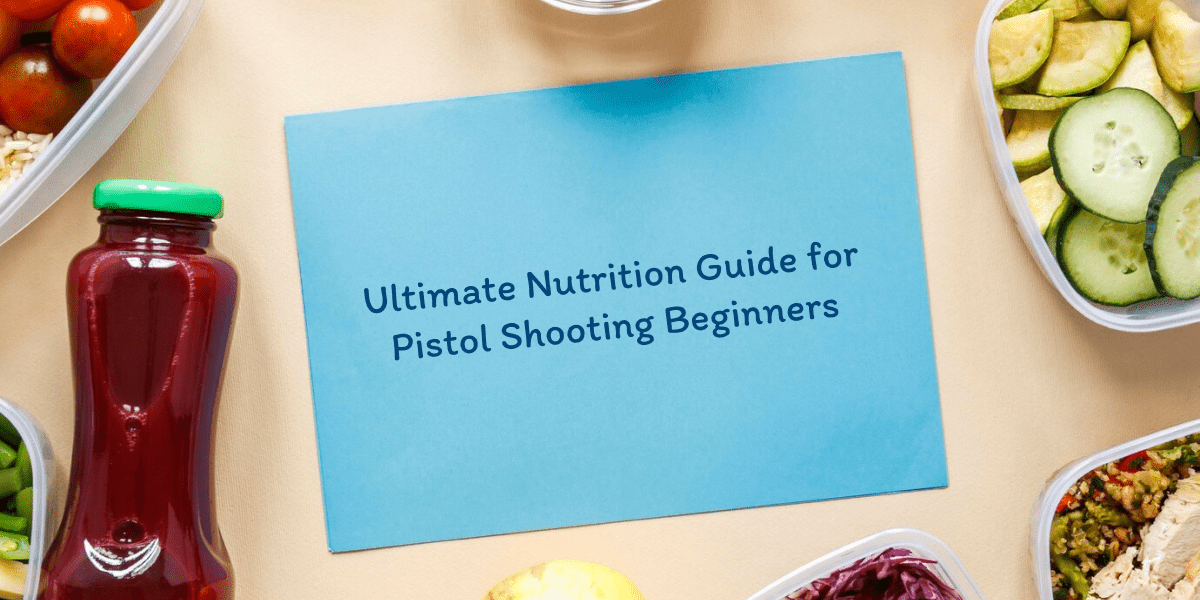
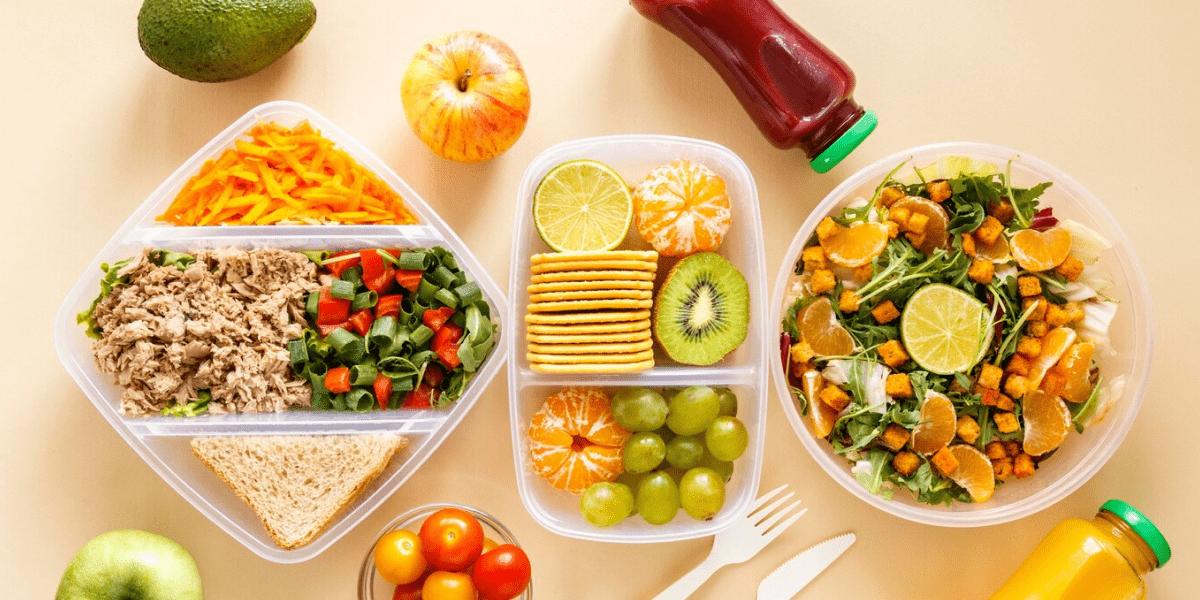
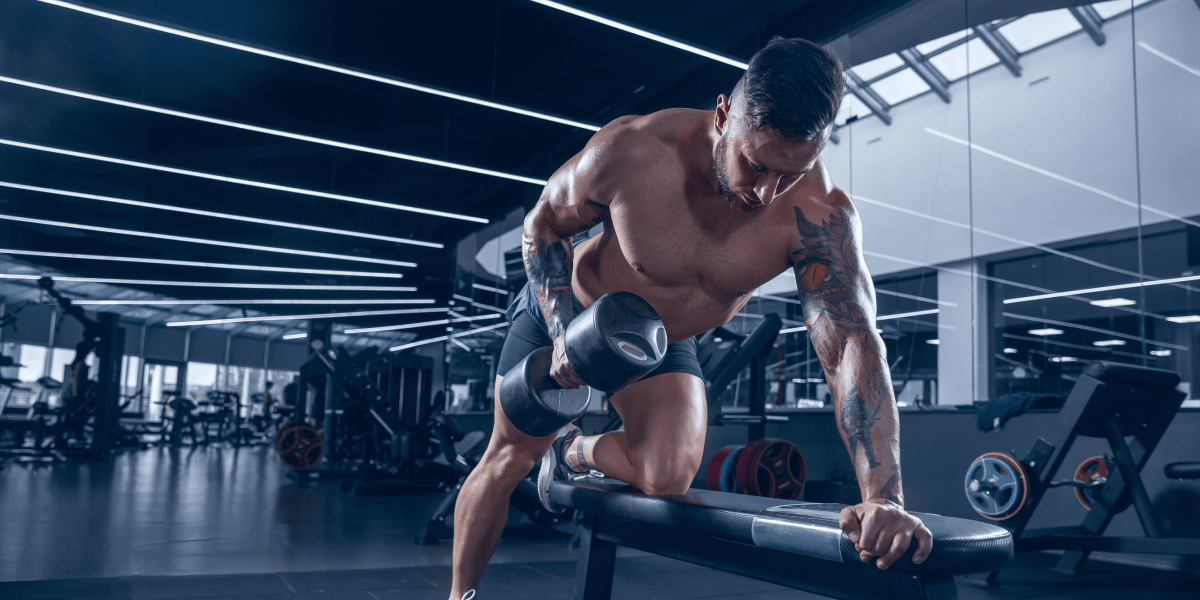
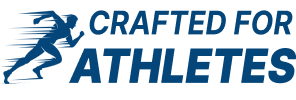


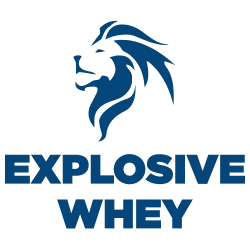
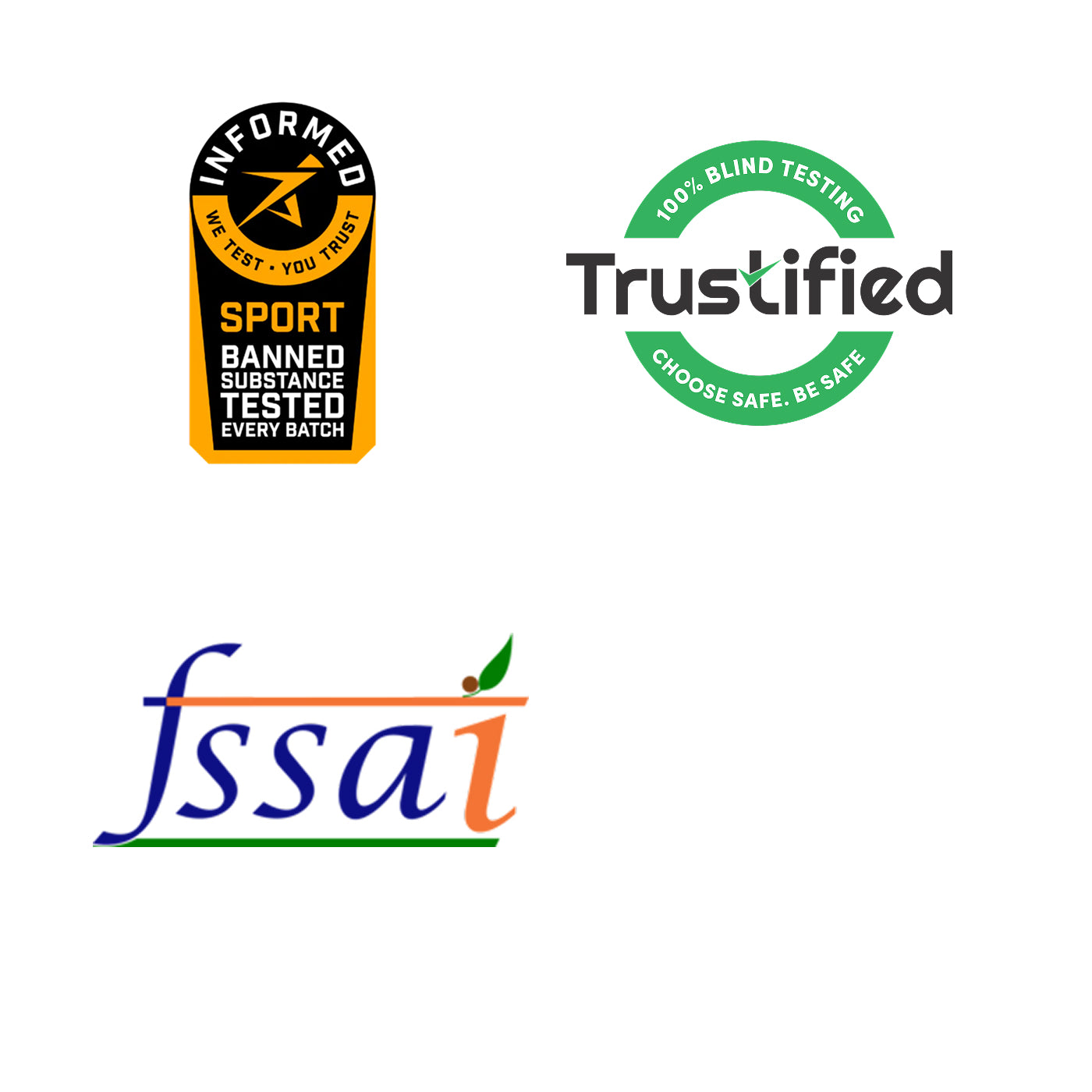
Leave a comment
This site is protected by hCaptcha and the hCaptcha Privacy Policy and Terms of Service apply.